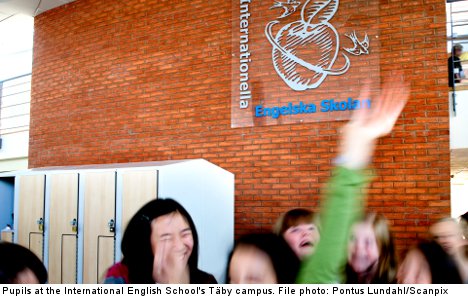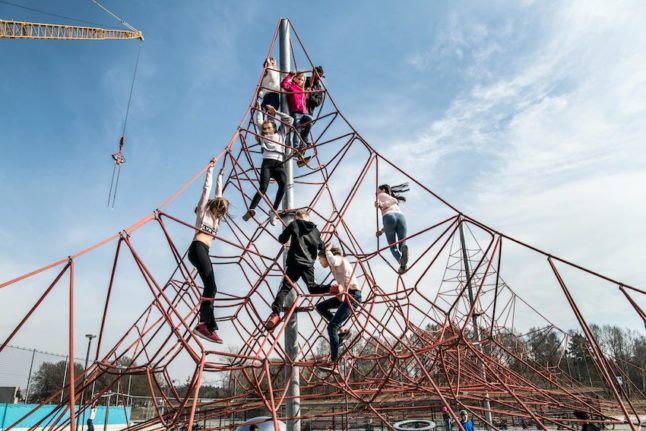An official complaint against the school, which is mainly attended by children aged nine to 12, was submitted in November to the inspectorate by an unnamed relative of one of its pupils.
The complainant argued that pupils should not be disciplined for calling teachers by their first names, which is common practice elsewhere in Sweden. The letter also noted that girls at the school could be punished for having a bra strap showing.
READ ALSO: <a href="https://www.thelocal.se/47412/20130419/#.UYJW9rVHKSo
” target=”_blank”>Uppsala school defends its ‘tough love’ culture
School principal Mikael Östling said in response that many of the points in the official complaint were moot, as the children respected the disciplinary culture at the school and were rarely given detention.
“We think a distraction-free learning environment is more important than being able to show your underwear,” school principal Mikael Östling told The Local in April, as the school awaited the inspectorate’s verdict.
“We follow the Swedish school laws, but we also have an Anglo-American heritage, which we are proud of and enhances our profile,” he said at the time.
Students and their parents sign a comportment contract before the start of term, which has now been officially deemed unlawful by the Schools Inspectorate.
A similar complaint had been made against the IES school in Linköping, reported the TT news agency.
The IES network in Sweden has about 13,000 students. Its American-born founder Barbara Bergström penned the official reply to the state agency, in which she argued that the “tough love” ethos was good for the children and helped create a productive learning environment.
One of the parents whose children attend the Uppsala school said she thought using the term “tough love” might give people the wrong idea, as she found that her children thrived in their new school and said the teachers were kind.
“The school contract has some silly little things like no ‘häng’ (lowslung trousers), no chewing gum, and no visible bra straps, but I’d rather have a school with no häng than one where everything is allowed,” the mother-of-two told The Local last month.
Ann Törnkvist



 Please whitelist us to continue reading.
Please whitelist us to continue reading.
Member comments